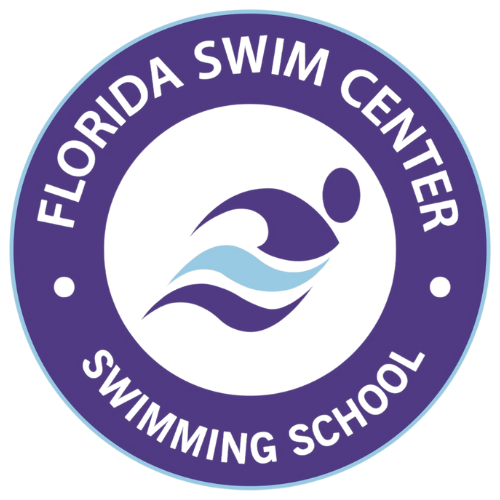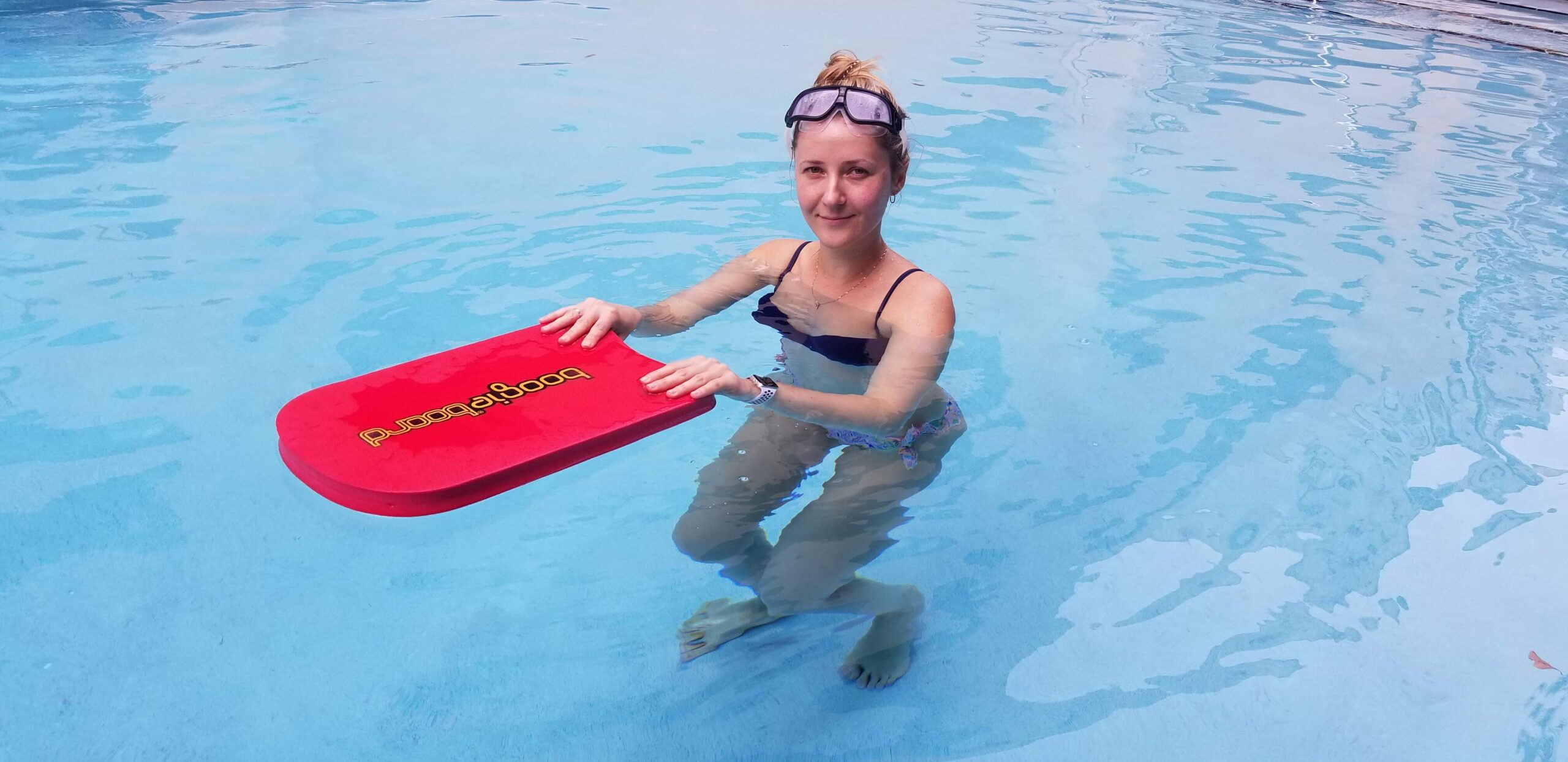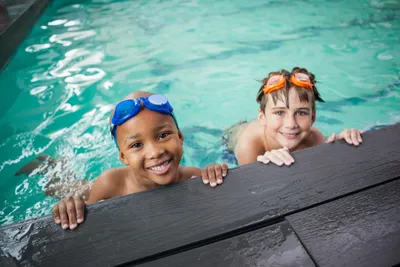Private Swimming Lessons Sunny Isles Beach (From Miami to Fort Lauderdale, 10 Miles Around
Professional Swimming Instructions for All Ages, Customized to Your Goals.
Overcome Your Fears, Refine your techniques! Learn to swim at Your Own Pace!
5000+ Students Taught
20+ Years of Coaching Experience

Where do we teach?
Choose from two convenient options:
- Our heated saltwater swimming pool near Aventura area
- Your residential pool
-North Miami Beach
– Sunny Isles Beach
– Aventura
– Hallandale
– Hollywood
– Golden Beach
– Miami
– Fort Lauderdale
– Other nearby areas)
Let us know which option works best for you!

Expert Swimming Instructor
With over 20 years of experience, the instructors at Florida Swim Center specialize in private swimming lessons for all ages. Focused on technique, confidence, and safety, each lesson is personalized for optimal progress.
Lessons By Appointments Only
--------------------------------------
No Walk In Clients, Please!
Get in touch and make an appointment with us for personalized swimming lessons or inquiries. Call or text us at 786-210-7736
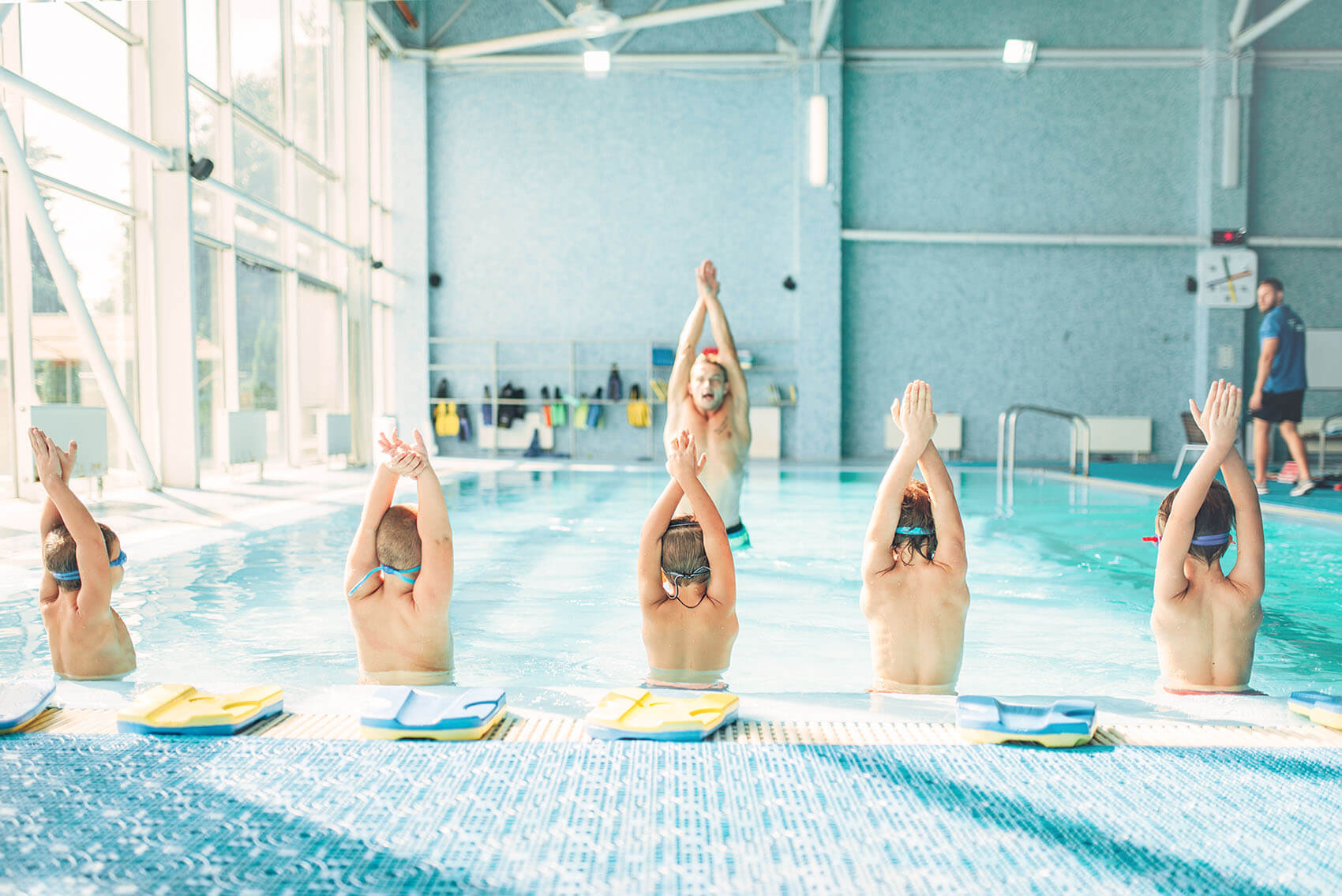
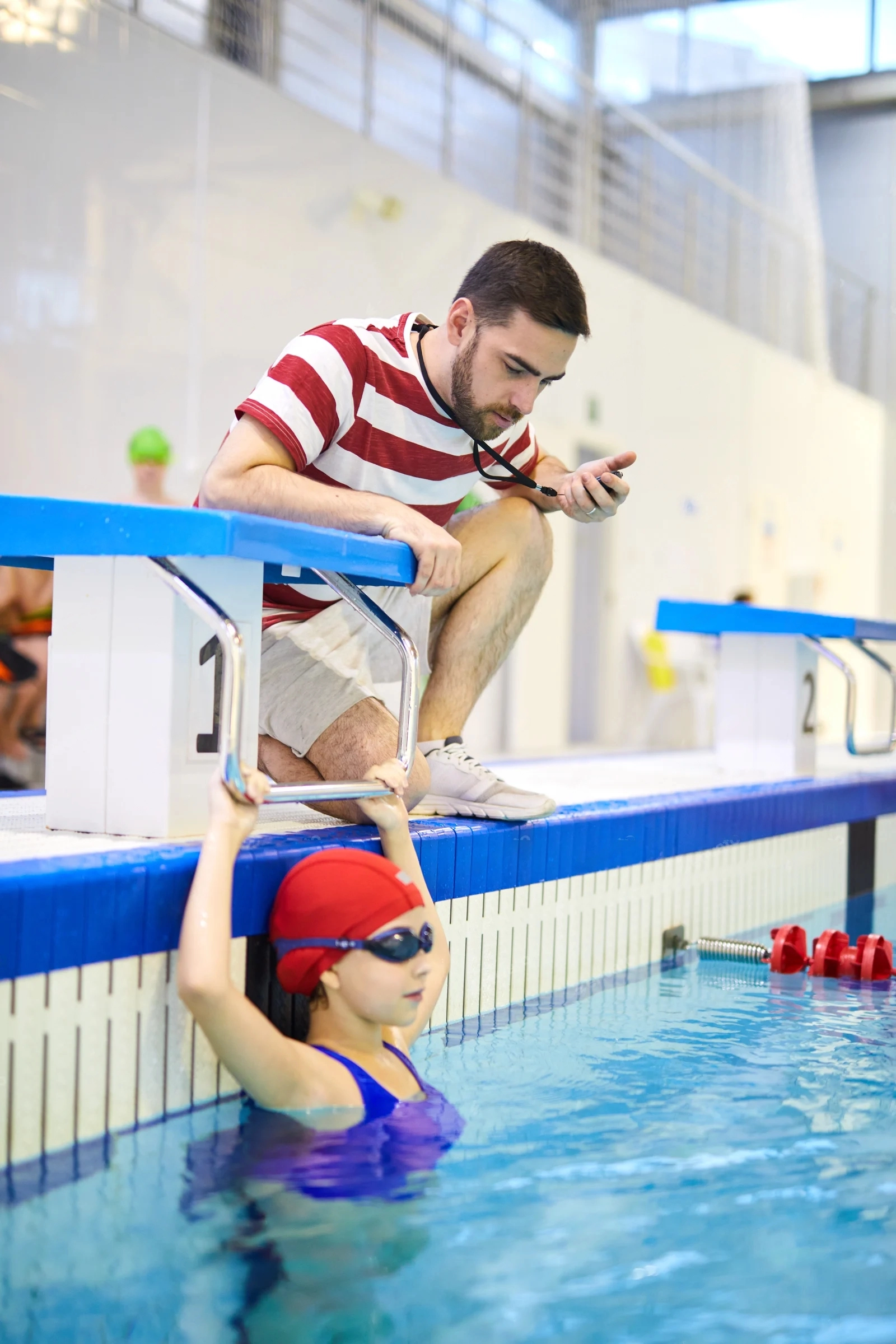
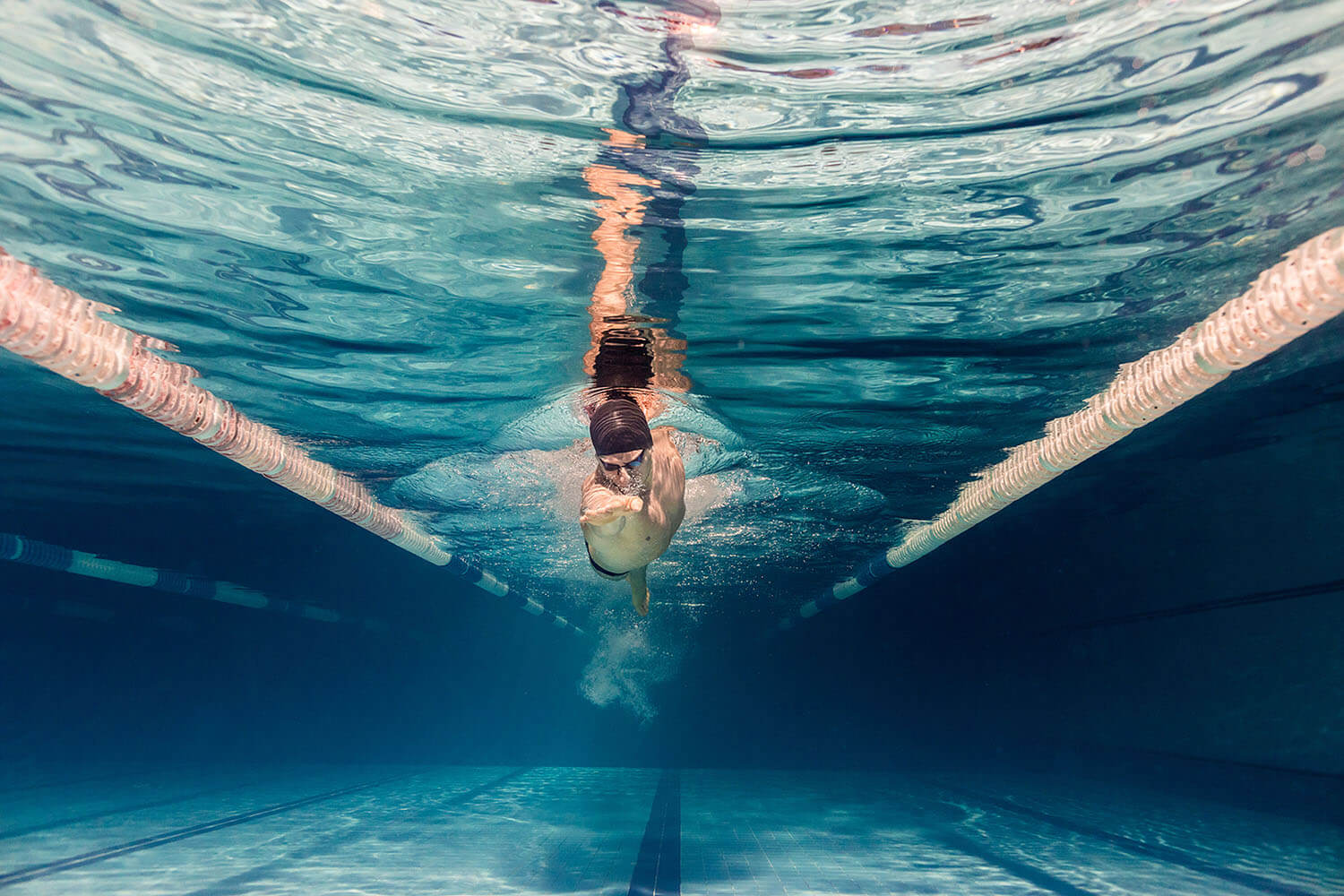
Come Join Our Personal Swimming Classes
Florida Swim Center Call/Text 786-210-7736
Private Swimming Lessons
ALL AGES & SKILL LEVELS ARE WELCOME!
OVERCOME YOUR FEARS, REFINE YOUR TECHNIQUE!
Limited Lesson Promotion from our swimming school to You!
- Bring a friend
- Bring your friend's child
- More people, more discounts available
- Call/Text us for more details!
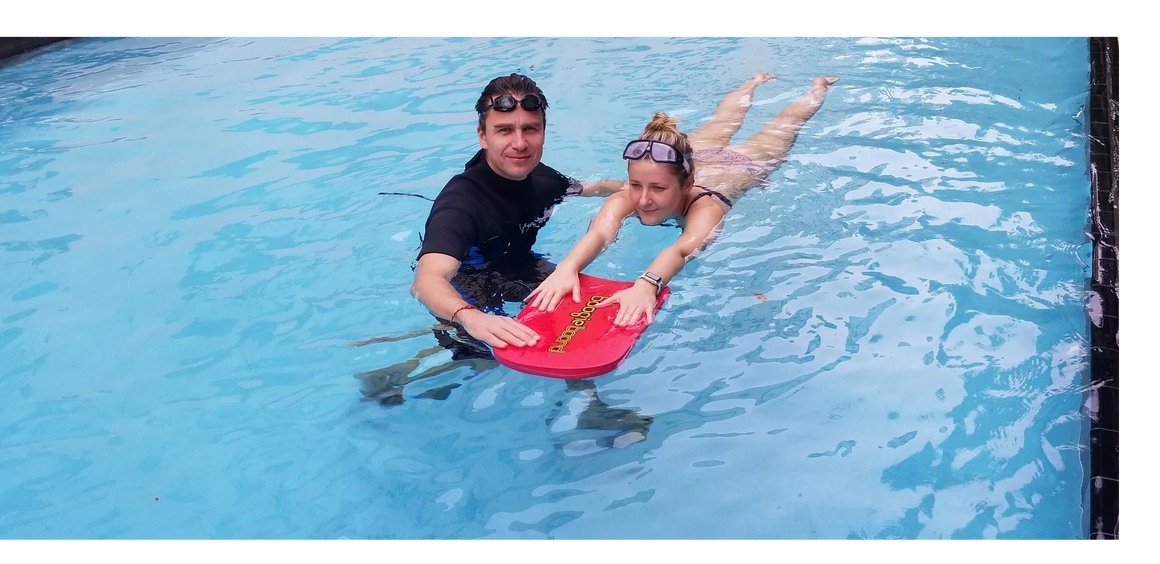
Private Swim lessons start now
Private Swimming Lessons in Sunny Isles, Florida at SwimmingCenters.com Starting at Just $60! Looking for top-rated private swimming lessons? At SwimmingCenters.com, we offer affordable private swimming lessons starting at $60 per session. Bring a friend or your child’s friend and enjoy more discounts! Perfect for beginners or advanced swimmers. Contact us today for more info and special offers.
Get personalized training with private swim instructors and learn to swim confidently! Call or text for more details.
Private Swimming Lessons for Babies, Children and Adults, At Home Lessons, Swimming Instructors
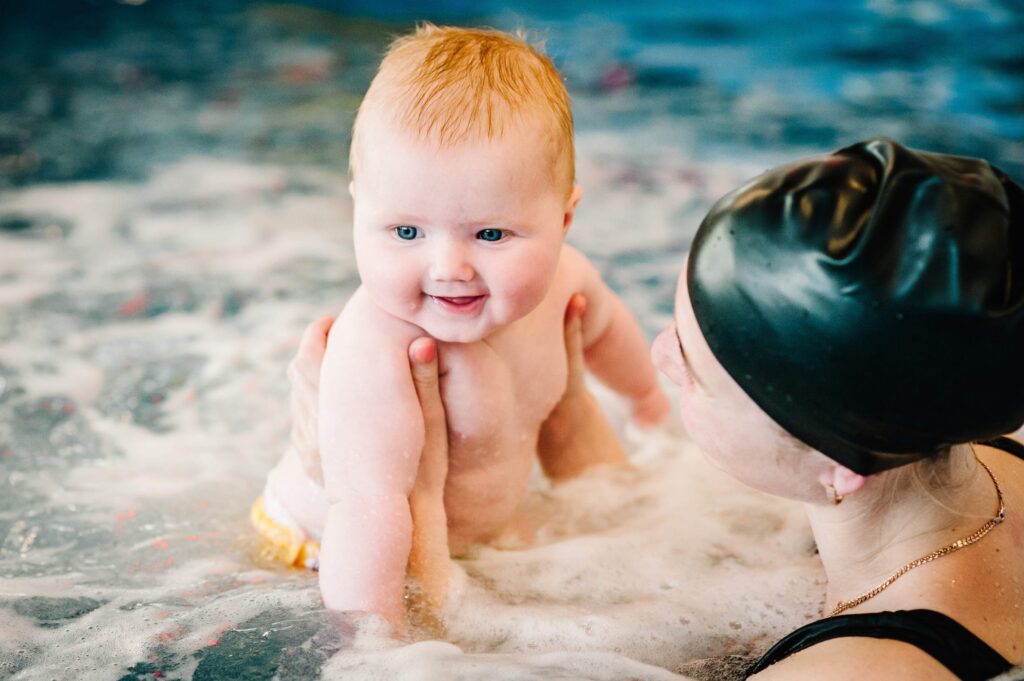
Your baby is capable of more than you think.
We’re not talking about just floating or splashing around. At Florida Swim Center, we’re talking about building a skill that could one day save their life. These are not ordinary lessons—these are private, one-on-one swimming lessons for babies in Sunny Isles, FL, and 10 miles around the area. Tailored, focused, and designed to ensure safety and fun.
Why private swim lessons for babies?
Because your baby deserves undivided attention. Our professional instructors specialize in creating safe, nurturing environments to teach essential water skills. From floating and kicking to early water safety techniques, your child will develop skills that last a lifetime—right in your pool or one of our trusted locations.
Picture this: Your baby smiling, relaxed, and safe in the water. No distractions. Just pure focus, fun, and real progress. Whether it’s in your pool or ours, our Sunny Isles instructors are laser-focused on making this experience as unique as your child.
Think ahead. What if you didn’t just teach your baby to swim—what if you gave them a head start on courage, independence, and survival?
You don’t have time to wait. They don’t have time to waste.
The earlier your baby begins, the faster they’ll grow into a confident swimmer. Secure your spot today and experience the best in private swimming lessons for babies in Sunny Isles, Beach FL.
This isn’t just about swimming. It’s about safety, growth, and connection. Each lesson helps your baby build motor skills, develop confidence, and bond with you through water-based learning.
What makes our approach stand out?
- Customized lessons for babies’ unique needs.
- Focused on safety, fun, and foundational swimming skills.
- Available in the comfort of your own home or in Sunny Isles’ Beach top swimming locations.
- SKILLS and BENEFITS
- Give your baby survival skills
- Reduce risk of drowning
- Breathing techniques
- Stretching and muscle development
- Improve coordination and balance
- Elements of gymnastics and yoga
- Improve sleeping pattern
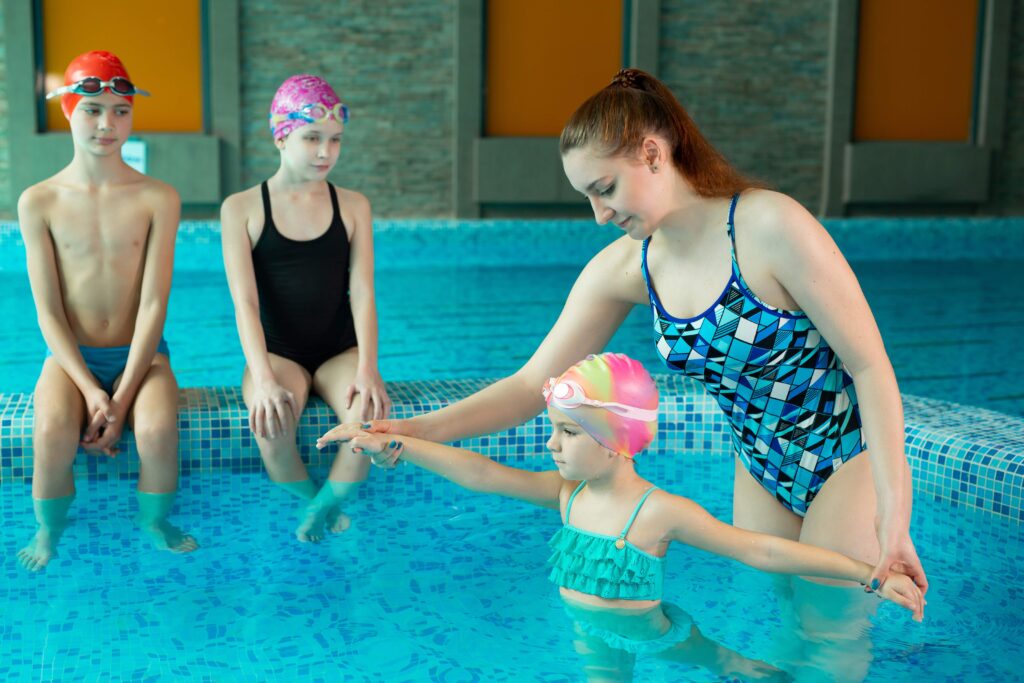
Your child deserves to thrive in the water.
We’re not just teaching kids how to swim—we’re unlocking confidence, independence, and skills that will last a lifetime. At Florida Swim Center, located at 18090 Collins Ave T#14, Sunny Isles Beach, FL 33160, our private, one-on-one swimming lessons for kids are designed to meet their unique needs.
Why private swim lessons for kids?
Because your child isn’t just another face in the pool. With personalized attention, our expert instructors focus on their strengths and challenges, teaching everything from water safety and stroke techniques to building self-assurance and resilience.
Picture this: Your child smiling, fearless, and comfortable in the water. No interruptions. Just undivided attention, progress, and fun. Whether at our center or your pool, our lessons are tailored to ensure your child develops both skill and love for swimming.
Think bigger. What if your child didn’t just learn to swim but also gained the confidence to tackle challenges, the discipline to excel, and the joy of mastering something new?
What makes our lessons the best for kids in Sunny Isles?
- Fully customized programs to fit your child’s learning pace.
- A focus on safety, stroke techniques, and confidence-building.
- Held at your pool or our trusted facility for convenience and comfort.
Start now—every stroke counts. The earlier your child begins, the more confident and capable they’ll become in the water. Visit us at 18090 Collins Ave T#14, Sunny Isles Beach, FL 33160, to book your child’s first private swimming lesson today.
- SKILLS and BENEFITS
- Give your kids confidence in the water
- Let them learn proper swimming techniques for their lifetime
- Prepare swimmers for competitive events
- Teach swimmers variety of swimming activities: drills, physical conditioning, interval training, and stretching
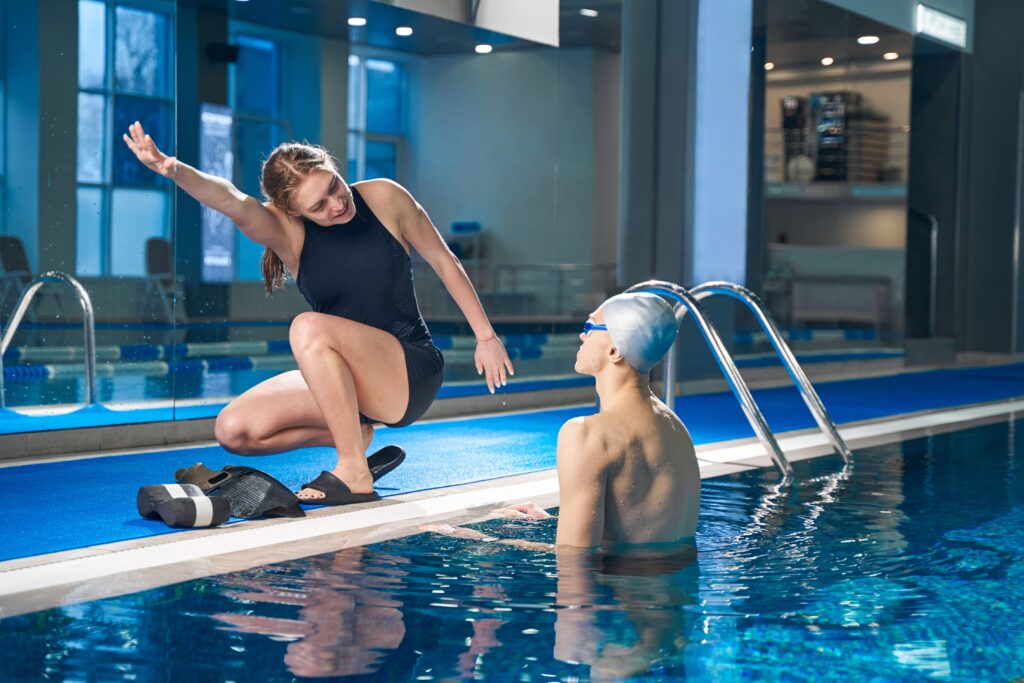
Water is freedom. It’s time you claimed it.
Every person should know how to swim. Not “someday”—now. It’s not just a life skill. It’s about confidence, health, and survival. At Florida Swim Center, we don’t teach “swimming lessons.” We create private swimming lessons for adults that transform how you move through the water—and the world.
Why let age, fear, or doubt keep you from mastering the water? The only thing stopping you is yourself.
Forget the excuses. Age is irrelevant. Fear is temporary.
Our private swimming lessons for adults focus on results. Want to conquer your fear of water? Done. Need to learn how to float, swim laps, or crush it with the perfect freestyle? We’re here for that too.
Imagine this: Effortless strokes, stronger lungs, total control in the water. No more sitting on the sidelines. No more “maybe someday.”
The question isn’t why. It’s why not?
Swimming isn’t just a skill—it’s survival. It’s fitness. It’s freedom. The best time to start was yesterday. The second-best time is right now. Stop waiting. Start swimming.
- SKILLS and BENEFITS
- Get rid of the water fear
- Learn proper swimming techniques: freestyle, backstroke, breaststroke and butterfly
- Triathlon training
- Snorkeling preparation
- Scuba Diving preparation
- Treading Water
- Help with deep water fear
- Build endurance and muscle strength
- Maintain healthy weight and lifestyle
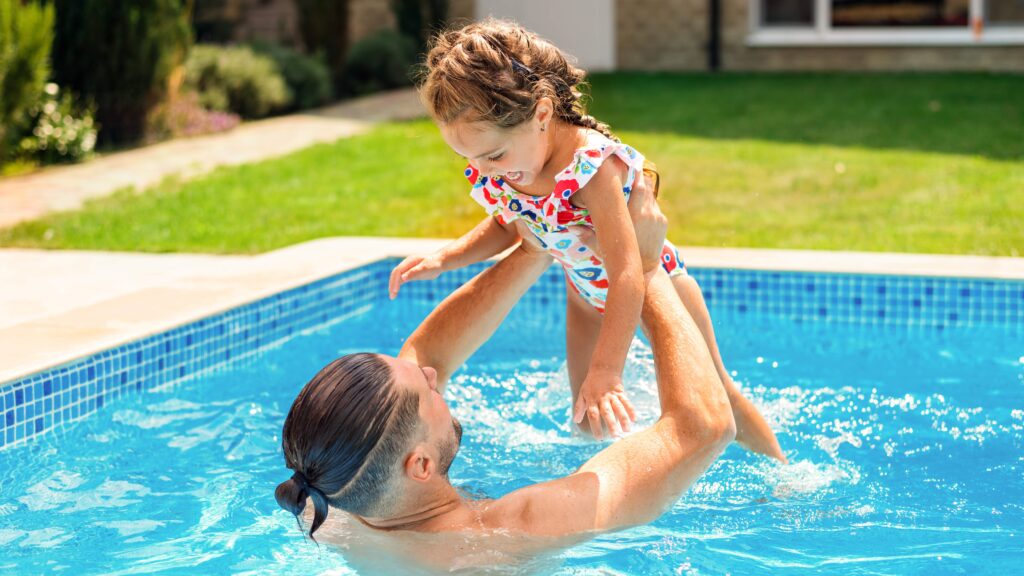
Why leave your home to learn something that could save your life?
Forget the old way of doing things. The future of swimming isn’t in public pools—it’s in your own backyard. Private swimming lessons at home mean complete control, zero distractions, and a focus on what really matters: safety, skills, and confidence.
Imagine mastering water safety, learning to swim, and building real swimming skills—all without leaving your home. No waiting in line, no crowded lanes. Just Florida Swim Lessons that bring the pool to you.
Here’s the reality:
- Tailored lessons. Every move, every stroke, designed for your growth. No one-size-fits-all methods. Just one-on-one instruction for real results.
- Convenience. Your pool, your schedule. No more wasting time in traffic or crowded public spaces.
- Mastery. With focused attention from expert instructors, you’ll develop the skills that last a lifetime—fast, efficient, and effective.
This is the new way to learn. No excuses. No delays. Just you, mastering the water.
What’s stopping you?
Florida Swim Lessons can come to you. Your pool, your rules. Start now.
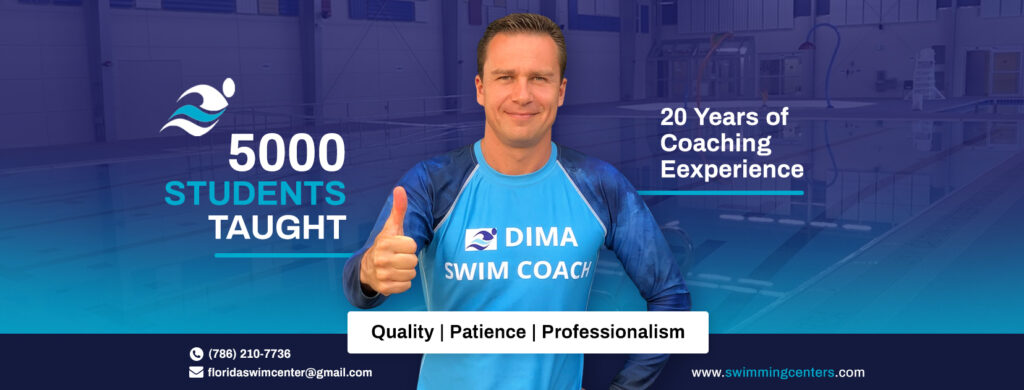
Meet Coach Dima, Your Instructor.
Not just a teacher. A master of the water. Coach Dima, your private swimming instructor, isn’t here to show you how to float—they’re here to challenge you to become a skilled, confident swimmer. Someone who isn’t afraid of the water. Someone who has mastery over their strokes, their breathing, and their safety.
This isn’t a one-size-fits-all approach. Coach Dima will tailor every move to your exact needs. Whether you’re working on technique, confidence, or learning the skills that will last a lifetime, every lesson is designed to get you results. Fast.
The question is: Are you ready to become the swimmer you were meant to be with Coach Dima?
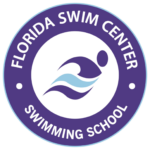
Florida Swim Center is where swimming transforms into something extraordinary. We proudly serve Miami, Golden Beach, Aventura, North Miami Beach, Bal Harbour, and Surfside —delivering tailored, one-on-one swimming lessons that go beyond the basics.
Whether you’re searching for swimming lessons in Miami, seeking private swim lessons in Golden Beach, or exploring family-friendly swimming classes in Aventura, we’ve got you covered. From the pristine waters of Bal Harbour to the dynamic energy of Surfside and the community spirit of North Miami Beach, our mission is clear: equip swimmers of all ages with the skills, confidence, and safety they need to thrive in and around the water.
Why Florida Swim Center?
Because we don’t just offer swimming lessons for kids, adults, and babies—we bring tailored, results-driven programs right to your local pool or home. Whether you need lap swimming practice, want to refine techniques, or are introducing your baby to infant swimming lessons, our expert instructors are here to guide you.
Here’s how we serve you:
- Golden Beach: Exclusive, private lessons tailored to your unique goals.
- Aventura: Family swimming lessons that create memories and skills for a lifetime.
- North Miami Beach: Community-focused swim programs with a personal touch.
- Bal Harbour: Premium swimming instruction in a luxurious setting.
- Surfside: Where fun meets water safety for kids and adults alike.
No distractions. No excuses. Just expert swimming lessons wherever you are.
THE IMPORTANCE OF LEARNING TO SWIM IN FLORIDA: SAFETY FIRST
Florida, known for its beautiful beaches, lakes, and rivers, is a paradise for water enthusiasts. However, the state’s high drowning rate is a stark reminder of the importance of learning to swim. According to recent statistics, Florida ranks second in the nation for drowning rates, making it a crucial skill for residents and visitors alike.
Drowning is a silent killer, and Florida’s warm weather and abundant waterways make it a prime location for water-related activities. Unfortunately, this also increases the risk of accidents. In 2020 alone, Florida reported over 400 drowning deaths, with a disproportionate number of them being children and young adults.
Learning to swim is not only a vital skill for safety but also has numerous physical and mental health benefits. Swimming can help reduce stress, improve cardiovascular health, and boost self-confidence. Moreover, it can also open up a world of recreational activities, such as surfing, kayaking, and paddleboarding, which are extremely popular in Florida.
Furthermore, learning to swim can also have a significant impact on the state’s drowning statistics. According to the American Red Cross, swimming lessons can reduce the risk of drowning by 88%. This is especially important for children, who are naturally curious and often unaware of the dangers of water.
In addition to individual benefits, learning to swim can also have a broader impact on community safety. When more people know how to swim, the number of water-related rescues and emergencies decreases, freeing up resources for other critical services.
In conclusion, learning to swim is essential in Florida, where water is an integral part of daily life. By taking the initiative to learn this vital skill, individuals can not only improve their personal safety but also contribute to a safer community. With patient instructors and expert swimming lessons widely available, there’s never been a better time to dive in and make a splash towards a safer, healthier Florida.v
FAQs About One on One Swimming Lessons in Sunny Isles Beach, Florida & 10 miles around
Please text/call us at 786-210-7736 you cannot find an answer to your question.
Swimming is a skill that the majority of adults desire to learn - whether the reason is that they wish to swim at the pool with their friends or so they're able to save lives by the sea. The best part of any swimming lesson is to develop a vital life skill that you'll use for the rest of your life.
However, more often than not, people simply cannot fit the time or have the patience to fit something new into their already busy lives. But there is an alternative - having private swimming lessons for adult beginners at your own pool! It offers some distinct advantages that many new adult learners will appreciate.
Flexibility in scheduling
Taking the real world into consideration, the majority of us are just so busy! But with private swim lessons at your own pool, you will not have to worry about scheduling your day around a lesson rota. Actually, you will be faced with quite the opposite! You will be able to schedule your private lessons for the days and times that best suit you.
No commuting!
By having private lessons at your own swimming pool, you do not have to drive, cycle or walk anywhere - just a few steps into the back garden! That means you do not have to worry about the commute, the possible traffic the comes with it, the forever changing lights and eventually having to find a parking spot. Less time commuting means more time for your lessons. Having that perfect balance means that you can thoroughly look forward to and enjoy learning a brand new skill.
No worrying about packing!
One of the most difficult parts of swimming lessons can be the hassle of having to organise a bag ready to take with you to classes. Having to remember everything to take can be a stressful thing as if something is forgotten it can disrupt your lesson and your ability to get there on time. Well, there’s no need to worry anymore. With private lessons at home, there is no need to worry about forgetting anything as everything is at home with you!
Fewer distractions
One great time waster can be the distractions that come with public swimming lessons for adult beginners. There can be constant noise pollution, other lessons in close proximity and other individuals swimming for leisure around you. All of these factors can make it difficult for anyone to focus and it can mean that you are losing precious learning time. With private lessons at your own swimming pool, all of those distractions are gone. This means that you can maximize your time with a swimming instructor.
Undivided attention from instructors
When taking group swimming lessons it is important to understand that you will only be able to receive a small portion of the instructor's attention. However, with private classes, you will have all of that attention to yourself. This is really beneficial for your learning and saves you a lot of time as you are able to take advantage of your entire time slot with your instructor!
If you've been thinking that you want private swimming lessons for adults near me, whilst them being in the convenience of your own pool then look no further, contact us on 786-210-7336
- Approximately 3,500 – 4,000 people drown each year in the United States. That averages out to be 10 people who die every day from drowning.
- It’s the number one reason for unintentional injury-related deaths in children from ages 1 to 4.
- Its in the top 5 for unintentional deaths related to injuries for children birth – 5 years of age.
- 23% of children drown during family gatherings close to pools.
- It’s the main reason for the majority of boating related fatalities.
- It’s believed that anywhere from 5-10 people get care in the hospital for injuries from nonfatal drowning for each one who died.
- It’s more likely that a child below the age of 1 will drown in their home.
- 87% of the fatalities from drowning happen in a home hot tub or pool for those children below the age of 5. The majority of these happen in a pool that is owned by a friend or family member.
- Children ages 5-18 are a lot more likely to drown in lakes or ponds. Or other natural bodies of water.
To ensure your child's safety around water, supervise them closely, teach water safety skills, and install safety barriers like fences around pools. Additionally, learn CPR and first aid techniques. Always be within arm's reach when your child is near water, and avoid distractions like using your phone.
When visiting beaches, pools, or lakes, swim in designated areas, follow lifeguard instructions, and swim with a buddy. Be aware of water conditions, and ensure your child wears a properly fitting life jacket.
Prevent pool fencing accidents by ensuring fences are sturdy, high enough, and gates are self-latching. Regularly inspect fences and gates for damage or wear.
- Anyone can drown, even good swimmers, and drowning doesn’t care who you are
- Drowning is silent and fast. Drowning can happen in just 20 to 60 seconds. It does not always look like you would expect it to look, with someone splashing about and screaming.
- Drowning fatalities and accidents are underreported both in the United States and around the world. There’s no one standard that exists for attributing deaths due to drowning. First responders, health authorities such as coroners and hospitals use individual interpretations and judgements of accidents based on the facts that are available at the time of a person’s death and their own experiences.
- Drowning is the leading cause of death among children aged 1-4, surpassing all other causes of death in this age group.
- For children between the ages of 5-14, drowning is the second leading cause of unintentional injury death.
According to CDC
The most common causes of drowning include:
1. Lack of swimming ability: Many people who drown are unable to swim or have limited swimming skills.
2. Supervision failure: Drowning often occurs when children or adults are left unattended near water.
3. Swimming in unsuitable locations: Swimming in areas with strong currents, rough seas, or hidden hazards increases the risk of drowning.
4. Water conditions: Drowning can occur due to water conditions like rip currents, undertows, or cold water shock.
5. Medical conditions: Certain medical conditions like heart problems, seizures, or strokes can increase the risk of drowning.
6. Alcohol or drug use: Consuming alcohol or drugs can impair judgment and increase the risk of drowning.
7. Recreational activities: Engaging in recreational activities like surfing, kayaking, or paddleboarding without proper safety gear or training can lead to drowning.
8. Falling into water: Accidental falls into water, such as from a boat or dock, can cause drowning.
9. Entrapment: Getting trapped in underwater structures or objects can lead to drowning.
10. Natural disasters: Floods, tsunamis, or other natural disasters can cause drowning.
11. Bathtime accidents: Infants and young children can drown in bathtubs due to accidental submersion.
12. Pool and spa accidents: Drowning can occur in pools and spas due to accidents, entrapment, or suction entrapment.
It's important to be aware of these potential causes and take preventive measures to stay safe in and around water.
Drowning can happen quickly and silently. Signs include no splashing, mouth and eyes glassy, head tilted back, and no response to calls. The child may slip under the water and resurface, or they may not resurface at all. Be vigilant and recognize these signs to act promptly.
Enroll your child in swimming lessons and teach basic water safety like entering/exiting the pool safely. Teach them to never swim alone, always swim with a grown-up, and to stay away from pool drains.
Inflatable pools and water toys can pose several risks, especially for young children. Some of the hazards associated with them include:
1. Drowning: Inflatable pools and water toys can be a drowning hazard, especially for children who are unable to swim or are inexperienced in water.
2. Entrapment: Children can become trapped in inflatable pools or between the pool and surrounding objects, leading to injury or drowning.
3. Suffocation: Inflatable pools and water toys can pose a suffocation risk if children become trapped under them or are covered by them.
4. Slip, Trip, and Fall: Inflatable pools and water toys can be slippery, leading to slips, trips, and falls, which can result in injuries.
5. Waterborne Illnesses: Stagnant water in inflatable pools can harbor bacteria, viruses, and other microorganisms, leading to waterborne illnesses.
6. Sharp Edges: Some inflatable pools and water toys may have sharp edges or points that can cause cuts or puncture wounds.
7. Entanglement: Children can become entangled in pool noodles, inflatable toys, or other pool accessories, leading to injury or drowning.
8. Lack of Supervision: Inflatable pools and water toys can create a false sense of security, leading parents or caregivers to be less vigilant, increasing the risk of accidents.
9. Inadequate Maintenance: Failure to properly maintain inflatable pools and water toys can lead to accidents and injuries.
10. Recall Risks: Some inflatable pools and water toys may be subject to recalls due to safety issues, and using recalled products can pose risks.
It's essential to be aware of these risks and take steps to mitigate them, such as providing proper supervision, ensuring proper maintenance, and following safety guidelines.
- There are around 320,000 deaths from drowning each year around the globe.
- Drowning is the third biggest cause of death from injuries around the world, and accounts for 7% of all of the injury-related deaths.
- Around the world, the highest rates of drowning were among the children from 1 to 4 years of age, and this is followed by children who were 5 to 9 years of age.
- Males are twice as likely to die from drowning than females.
Drowning hazards can vary depending on the community, but common ones include residential pools, bathtubs, buckets, toilets, and natural bodies of water like lakes or rivers. In residential areas, pools and bathtubs are often the most significant threats. In rural or coastal areas, natural bodies of water can pose a higher risk.
Prevent accidents by securing the home environment. Install safety gates, store hazardous substances safely, and keep the bathroom secure. Ensure that windows and doors leading to pools or water bodies are locked or have safety screens.
The American Academy of Pediatrics recommends at least one adult for every child, with eyes on the child at all times.
Florida Swim Center offers private swimming lessons for babies, children, and adults. One-on-one instruction allows us to tailor our teaching to each student's needs and goals. We do not offer group lessons, ensuring personalized attention for all.
Private Swimming Lessons Price List:
- Babies (Infants - 2 years): $60 per lesson (30 minutes), with a minimum package of 8 lessons for $480
- Children (3 - 12 years): $75 per lesson (45 minutes), with a minimum package of 8 lessons for $600
- Adults (13+ years): $80 per lesson (45 minutes), with a minimum package of 8 lessons for $640
1. Fill out the Athlete Profile form below.
2. A swimming instructor will contact you to schedule your first lesson.
3. Choose from two convenient options:
- Visit our swimming pool and receive your first lesson FREE! Our coach will introduce themselves, assess your skills, and predict your progress.
- We come to your pool: $85 total (includes $75 lesson fee and $10 driving fee).
4. During your first lesson, our instructor will evaluate your skills and teach your first lesson based on our swimming levels book.
5. If you're satisfied, schedule additional lessons with your instructor and pay for a package of 8, 16, or 24 lessons via Zelle (786-210-7736) to "Sports Marketing & Consulting".
Our company "Florida Swim Center" has been teaching children and adults for over 20 years. We are certified by the American Red Cross in lifeguarding, First Aid, CPR, and water safety instruction. We also have more than 20 years of experience teaching swimming across 6 different levels. Our coaches come from competitive swimming backgrounds and have extensive experience in both swimming and instruction. To date, we’ve successfully taught more than 5,000 swimmers.
Click here to view photos and biographies of our instructors.
Our approach prioritizes safety first, followed by fun and skill development. We believe that children learn best when they feel comfortable and are enjoying themselves, so we balance structured learning with engaging activities. To help children become long-term swimmers, we ensure they feel known, challenged, and motivated.
We view education as a journey, not a destination, and incorporate a game-based approach to make lessons enjoyable while building essential skills.
We begin by gently introducing the child to the water in a calm and non-threatening way. Using positive reinforcement, games, and gradual exposure, I help build their confidence step by step. I always respect the child's pace and never push them to do something they’re not ready for, ensuring a supportive and encouraging environment.
Our Clients
Don’t just take our word for it
Latest Blog & Articles
SHOULD SCARED PEOPLE STILL TAKE SWIMMING LESSONS?
Swimming is one of the most enjoyable and beneficial physical activities in the entire...
TIPS FOR DEALING WITH KIDS & ADULTS WHILE A LIFEGUARD AT A POOL
Being a lifeguard isn’t easy. Most often, it’s not the job of saving a...
If you are just starting to swim or you are swimming more often than...
